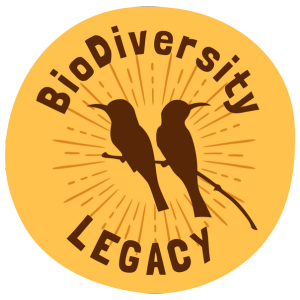Common purpose
Our approach to ongoing environmental protection and care draws on ‘the Commons’ principles, which acknowledge the various ways in which humans have lived in a sustainable relationship with nature outside of the dominant system of private land ownership.
The Commons refers to those things that we all own together; things that are not privately owned or managed by the government. They are all around us – community gardens, open-source software (like Wikipedia), libraries, workers cooperatives and more.
Historically, the Commons also includes natural elements such as clean air, healthy soils, water, forests and fisheries. Communities managed land ‘in common’ so that people could farm, enjoy diverse cultural, aesthetic and other values and share the many benefits that nature provides.
Private property ownership has depleted our shared resources and put literal barriers between people and nature.
BioDiversity Legacy’s approach uses existing rules, regulations and planning schemes to return land to community ownership.
Respect for First Nations custodianship
First Nations communities have been caring for Country with deep knowledge, relationship and respect for time immemorial and continue to do so. We recognise the sovereign rights and cultural obligations of all First Nations people to their homelands.
We recognise that the Commons framework does not adequately capture the depth of these connections. We draw on them, however, as a way to use our current system to provide more equitable ownership and stewardship pathways that welcome the guidance and leadership of First Nations people.
Intergenerational equity
Intergenerational equity means acting to ensure current and future generations can inherit the natural, cultural, economic (and other forms) of wealth we enjoy today and can prosper and thrive into the future.
As a society, we have created significant wealth gaps between older and younger generations and barriers to land access and environmental participation.
Our priority is to empower the next generation through engagement and employment pathways that give them access to our landscapes and the ability to steward land without owning it.
That’s why we are looking beyond our lifetimes towards a 500-year horizon.
